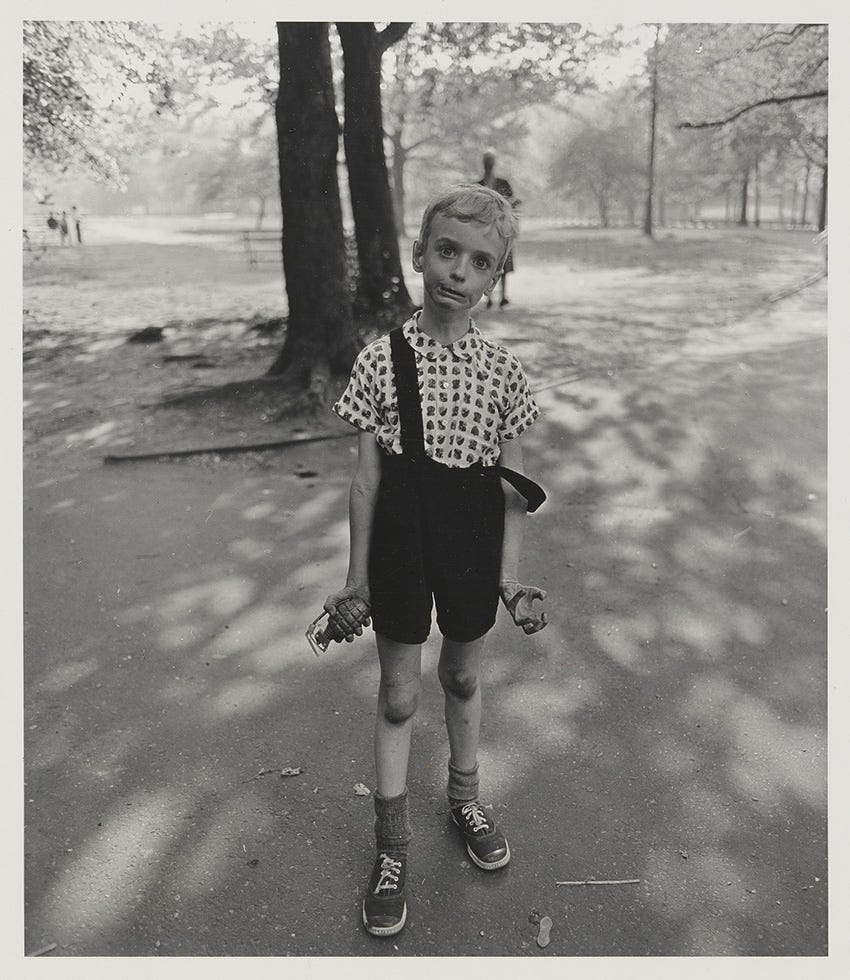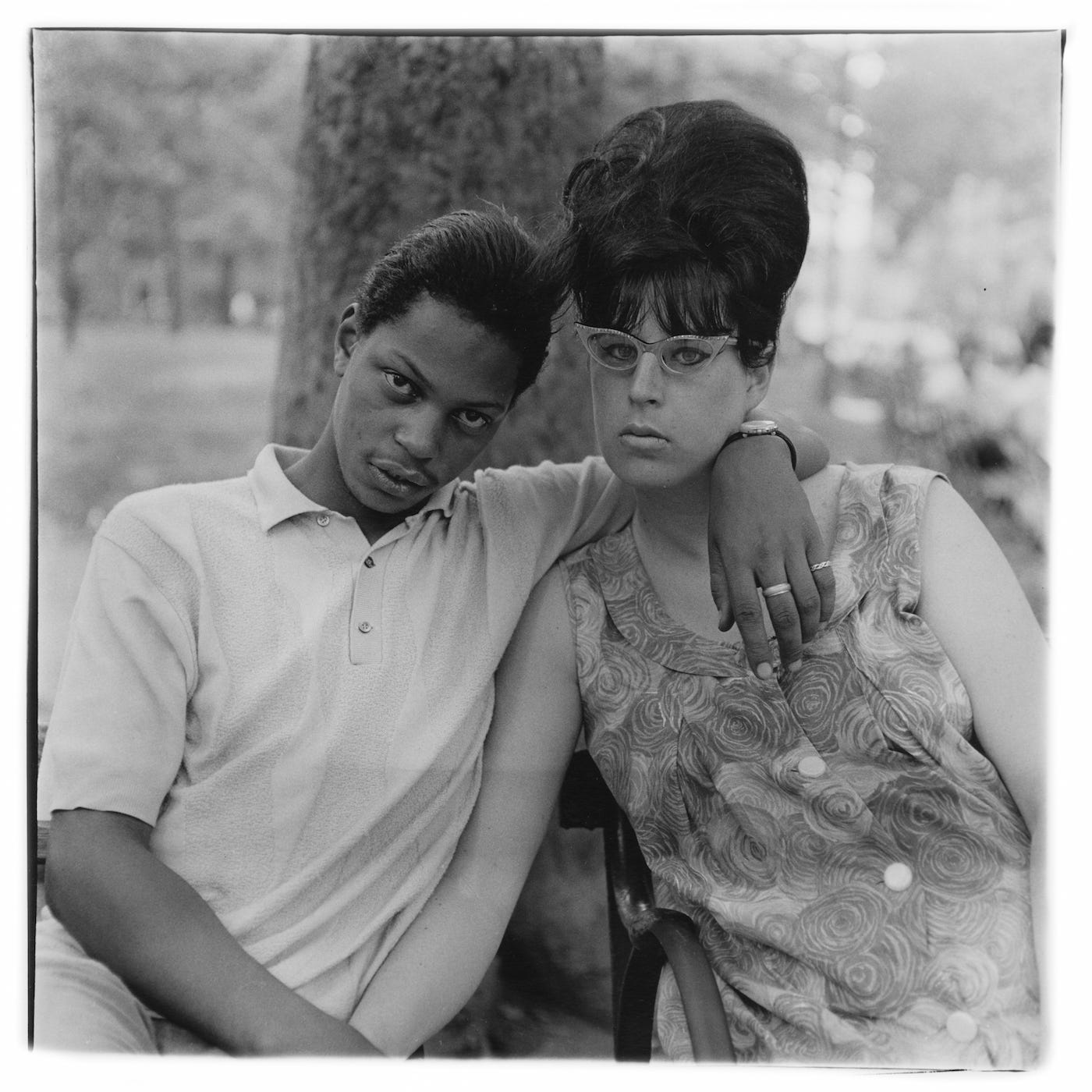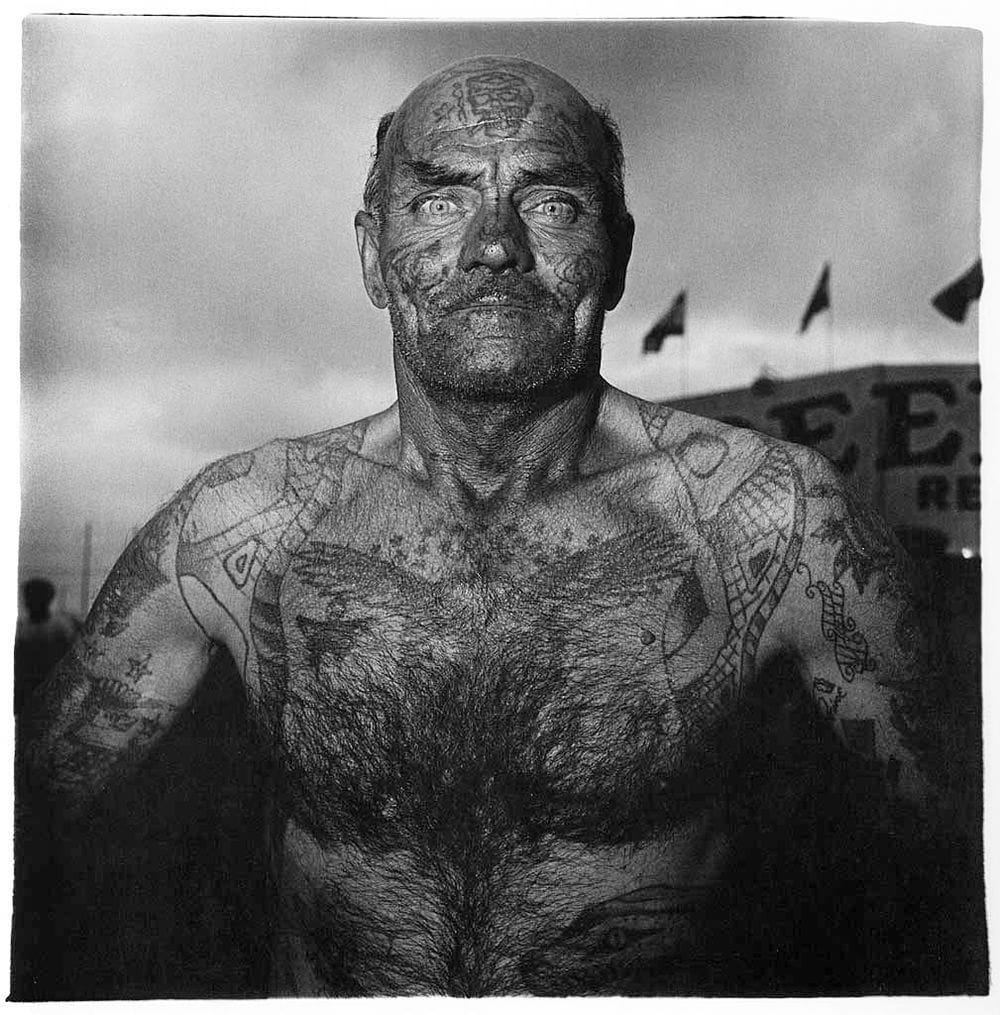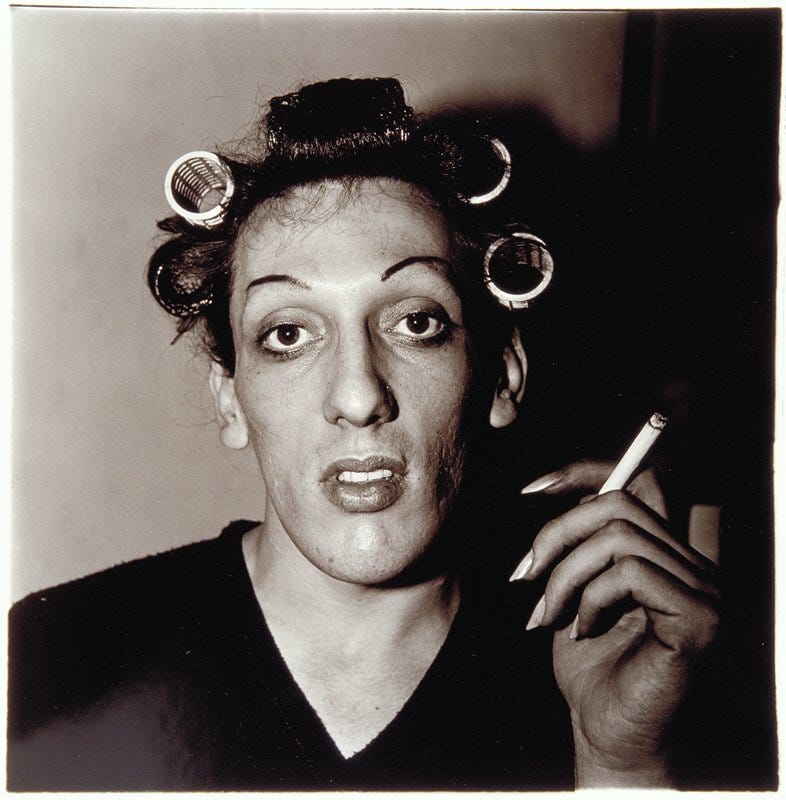It's rude to stare. We stare at people because there is something extraordinary about them. They don't fit within our usual frame of reference. It could be that they are visually striking or unsettling. Either way, the stare usually contains within it a power imbalance. The man stares at the woman, the adult at the child, the normie at the ‘freak’.
Few of us will ever know what it is like to be constantly stared at, but we can get a sense of it with the photographs of Diane Arbus. Usually, photography gives us permission to stare. We are free to look without getting into trouble. But Arbus doesn't let us stare without feeling guilty. She implicates us in their lives. They return the stare back as a judgment.
As Diane Arbus said “Most people go through life dreading they’ll have a traumatic experience. Freaks were born with their trauma. They’ve already passed their test in life. They’re aristocrats.”1 They have endured the judgment of others and survived. They know that only by embracing difference can you be yourself.
They could be children, their personalities fully formed. They could be circus performers making money from our morbid curiosity. They could be hippies, midgets, transvestites or the rich. Arbus sees in all of them her own psychological flaws. As Susan Sontag wrote, "her sensibility, armed with a camera, could insinuate anguish, kinkiness, mental illness with any subject."
Sontag was a severe critic of Arbus seeing in her camera something “that annihilates moral boundaries and social inhibitions, freeing the photographer from any responsibility toward the people photographed.”2 Indeed, Arbus has been called a “cruel, exploitative photographer without a shred of decency.” But Arbus’s photographs survive and remain popular because she imprinted her personality on the work, giving them a unique character beyond mere documentation. They are uncomfortable to look at, revealing the discrepancies in our ordered lives.
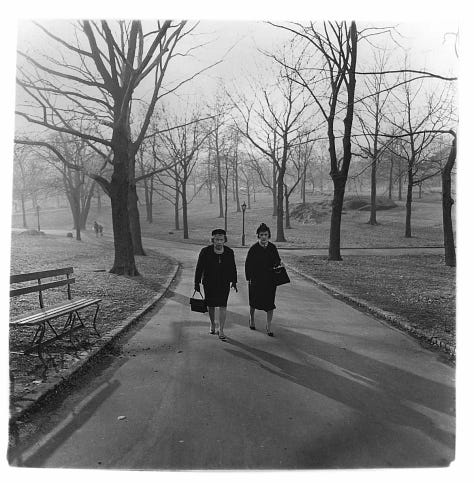
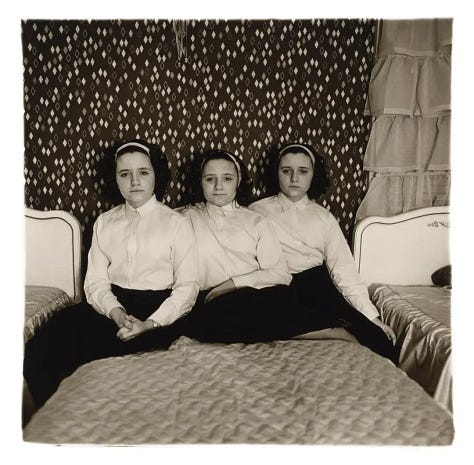
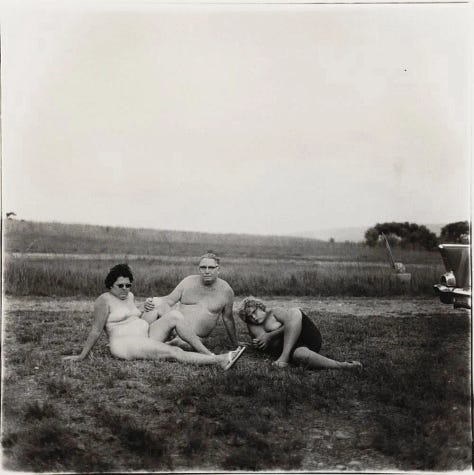
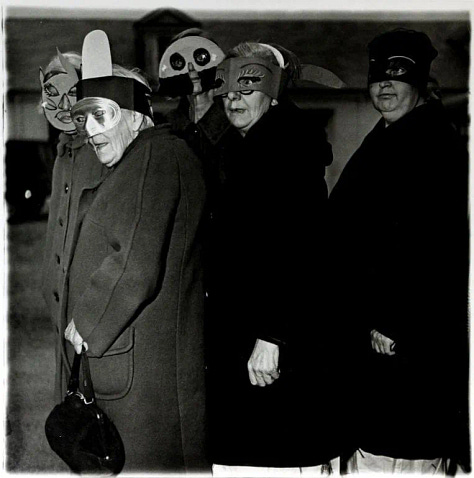
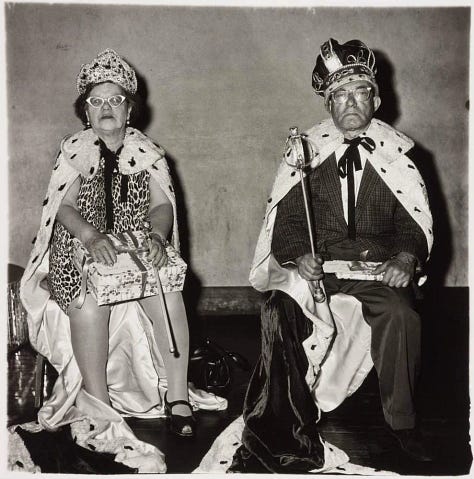
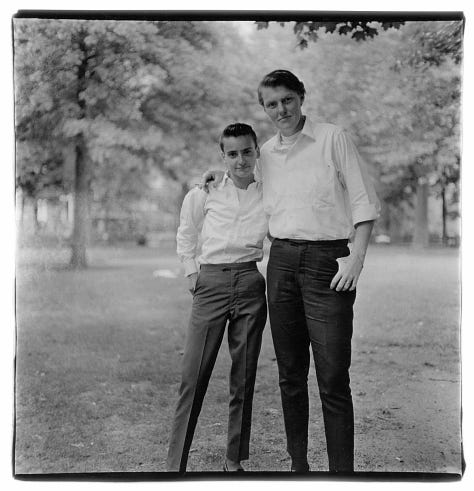
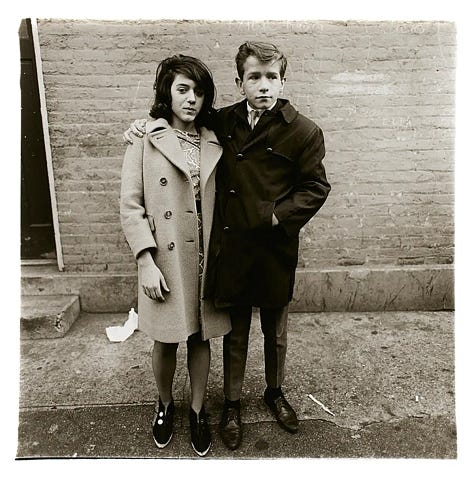
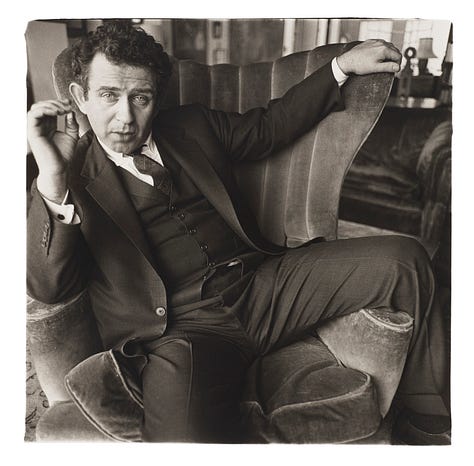
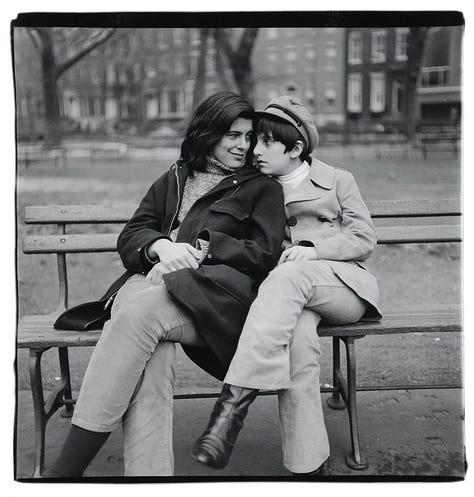
Interview with Dylan Lombard
To understand what it is like to be stared at, I spoke with photographer and activist Dylan Lombard.
The WIP #1
The WIP is my weekly photo journal.
The photographs in this article are used for criticism and review under the Fair Dealing provision of UK Copyright Law. All rights to the image remain with the photographer/copyright holder. This use does not claim any rights to the original work and is not for commercial purposes.
Diane Arbus - An Aperture Monograph
On Photography, Susan Sontag





